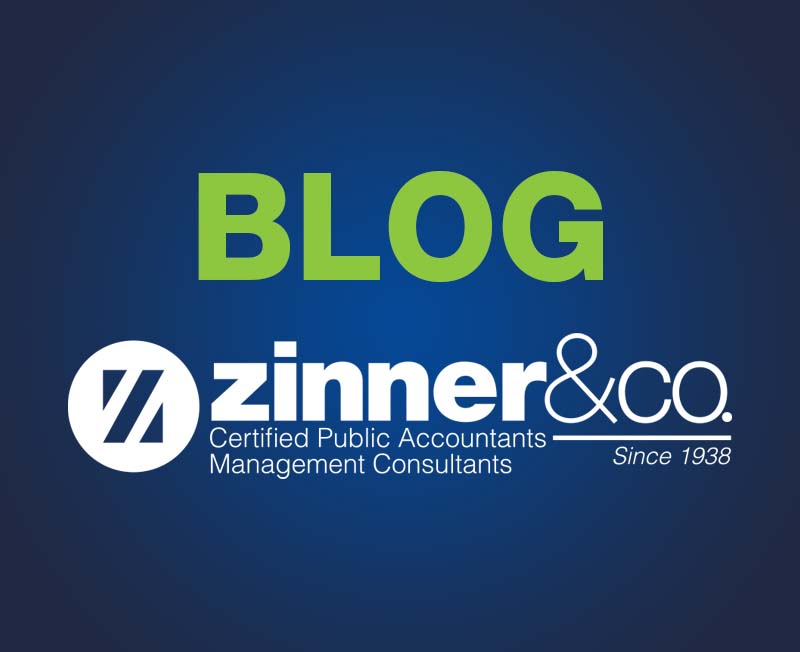In late December, the Internal Revenue Service launched a new Voluntary Disclosure Program to help businesses who want to pay back the money they received after filing Employee Retention Credit (ERC) claims in error.
According to the IRS website, the program runs through March 22 and requires qualifying businesses to repay 80 percent of their ERC claim. Program participants will not be charged underpayment interest, and the IRS will not assert civil penalties against them for underpayment of employment tax attributable to the ERC.
In order to qualify, an employer must provide the contact information, including the name, address, and phone number of any advisers or tax preparers who helped with the claim and detail the services provided. Further qualifications and program details can be found in Announcement 2024-3.
The ERC is a complex claim with precise requirements to help businesses during the pandemic, and the IRS has received approximately 3.6 million of these claims over the course of the program.
When properly claimed, the ERC is a refundable tax credit designed for companies that paid employees during the COVID-19 pandemic while their business operations were fully or partially suspended due to a government order or they had a significant decline in gross receipts during the eligibility periods. The credit was not available to individuals.
Unfortunately, many unscrupulous tax preparers, marketers, and scammers prayed on business owners over the last year. These “credit mills” aggressively marketed the ERC as a tax credit any business was eligible to receive. They deceptively lured their victims into thinking they were eligible for the credit and charged large, upfront fees to claim the credit.
On July 26, 2023, the agency announced it was increasingly shifting its focus to review ERC claims for compliance concerns, including intensifying audit work and criminal investigations on promoters and businesses filing dubious claims.
A moratorium on processing new claims was enacted by the IRS on Sept. 14, 2023, and in January 2024, the agency is expected to announce a decision on when or if the moratorium will be lifted.
The IRS also announced in mid-September 2023 that hundreds of criminal cases were being worked, and thousands of ERC claims were referred for audit.
Now, the agency is looking to help those business who were duped.
The IRS selected an 80 percent repayment level for the Voluntary Disclosure Program because many ERC promoters charged either a large, upfront fee or a percentage fee they collected at the time of payment, and the recipients never received the full amount of the credit.
Businesses unable to pay back the 80 percent can enter into an installment agreement, but will be required to pay penalties and interest.
Furthermore, the IRS also urges employers with pending ERC claims to consider a separate withdrawal program that allows them to remove a pending ERC claim with no interest or penalty. The IRS has already received more than $100 million in withdrawals as the agency continues intensifying audits and criminal investigation work in this area.
"The disclosure program provides a much-needed option for employers who were pulled into these claims and now realize they shouldn't have applied," said IRS Commissioner Danny Werfel in a prepared statement. "From discussions we have had with taxpayers and tax professionals around the country, we understand that there are many employers eager to correct their error, but who remain concerned about their ability to pay back the portion of the credit that has been lost to the promoter that brought them into this mess. This new option, with an opportunity to get right with a lower financial cost, provides the relief these taxpayers requested. The new initiative will also help with our ongoing efforts to gather information on promoters who created this situation by aggressively pushing people to apply for the credit."
In December, the IRS sent out ERC denial letters to more than 20,000 taxpayers. Additionally, the agency sent out another 20,000 letters with proposed tax adjustments to recapture erroneously claimed ERC funds for tax year 2020. Work continues for tax year 2021, and additional mailings are planned. The IRS will reclaim those excessive or erroneous funds through its normal tax assessment and collection procedures.
"These letters are another incentive for businesses that believe they received an erroneous Employee Retention Credit payment to come forward and participate in the disclosure program," Werfel said. "Our compliance activities involving these payments continue to accelerate, and the disclosure program's 80 percent repayment figure is much more generous than later IRS action, which includes steeper costs and greater risk. We hope these taxpayers take advantage of this window now."
ERC Voluntary Disclosure Program eligibility
In order to be eligible to participate in the Voluntary Disclosure Program, a company must meet certain criteria. Businesses who are ineligible for the program include those who:
- Are under criminal investigation.
- Are not under an IRS employment tax examination for the tax period for which they are applying to the Voluntary Disclosure Program.
- Have not received an IRS notice and demand for repayment of part or all of the ERC.
- Have not received information from a third party that the taxpayer is not in compliance or has not acquired information directly related to the noncompliance from an enforcement action.
How to apply
Taxpayers who want to participate in the ERC Voluntary Disclosure Program must notify the IRS by completing and submitting Form 15434, Application for Employee Retention Credit Voluntary Disclosure Program. This form must be submitted using the IRS Document Upload Tool.
Have questions, contact Zinner & Co.
If you are a business owner who was the victim of scammers or aggressive ERC marketers and could benefit from the ERC Voluntary Disclosure Program, then please contact the experts at Zinner & Co.
We successfully guided our eligible clients through the ERC process and can help you navigate through the Voluntary Disclosure Program.





